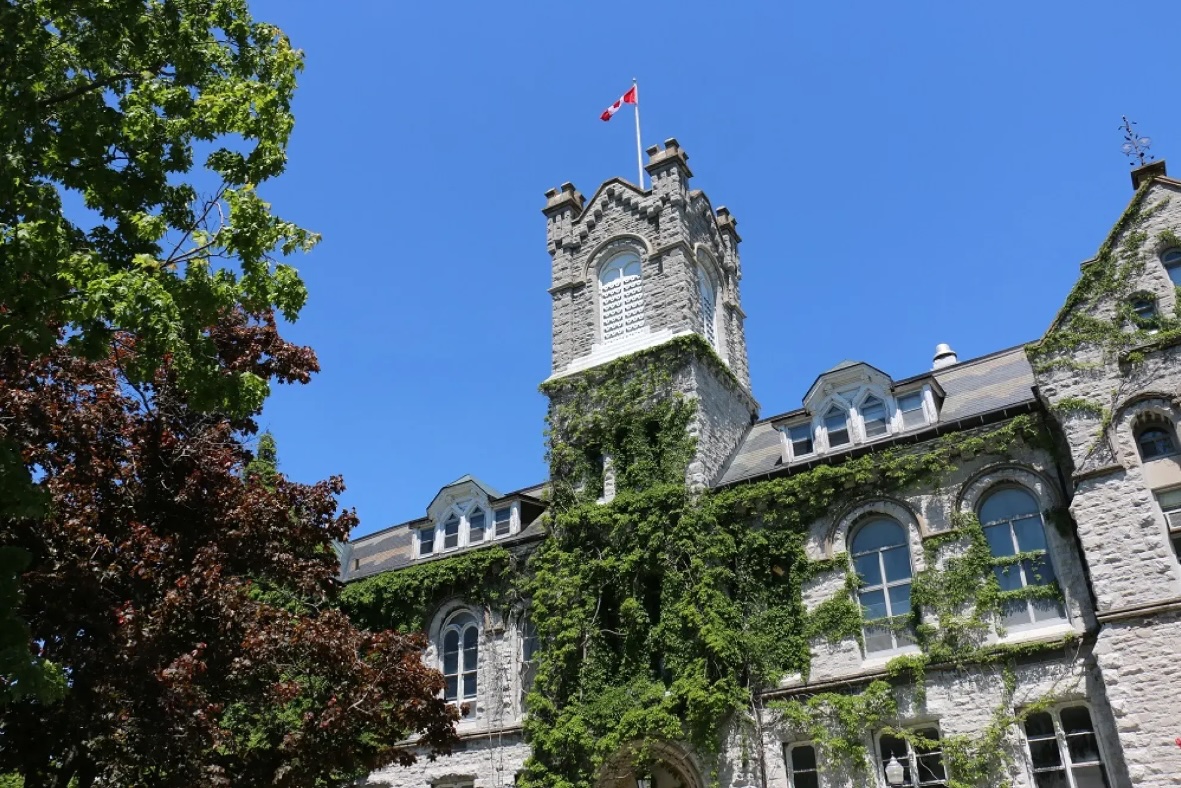
The federal government recently announced a $200 million investment to empower researchers at all stages of their research in tackling the world’s biggest challenges through the Canada Foundation for Innovation (CFI) John R. Evans Leaders Fund (JELF) and Social Sciences and Humanities Research Council (SSHRC) Insight programs.
“The Government of Canada will continue to empower researchers, students, and institutions by providing the resources and opportunities to advance their groundbreaking work,” says François-Philippe Champagne, Minister of Innovation, Science, and Industry. “By investing in their growth and development, we are reinforcing Canada’s leadership in global research and innovation and paving the way for a more prosperous and sustainable future for everyone.”
The JELF program provides vital infrastructure support to help Canadian researchers remain at the forefront of innovation. It assists universities in their efforts to recruit and retain outstanding researchers, acquire the tools that enable their work, and offer them research support in combination with partner organizations.
Included in this round of funding is support for Queen’s newest Canada Excellence Research Chairs (CERC). Announced earlier this year, Yanwen Zhang will receive $800,000 from JELF to support the infrastructure critical to her research. Zhang (Mechanical and Materials Engineering) is the CERC in Impact of Radiation in Energy and Advanced Technologies, researching the degradation of alloys in the high-intensity environments of nuclear reactors to inform ways to build them to be safer and longer-lasting.
SSHRC’s Insight Development Grants support research in its initial stages, enabling the development of new research questions, as well as experimentation with new methods, theoretical approaches, or ideas. Funding is provided for short-term research projects of up to two years. Jamie Van Gulck (Civil Engineering) receives $74,885 for the “Exploring the Impact of Knowledge Waste Reduction on Municipal Waste Reduction in Panniqtuuq, Nunavut” project.
“Queen’s researchers are working to address the world’s most significant challenges, such as developing novel cancer treatments and achieving a low-carbon future. We are grateful for the funding from CFI and SSHRC which is helping our researchers advance all stages of their work – from supporting initial experimentation to acquiring the equipment that enables discovery,” says Nancy Ross, Vice-Principal (Research).
These programs support innovative research projects that address complex issues by advancing scientific knowledge, developing cutting-edge technologies, and tackling issues of local, national, and global significance. Learn more about the funded projects in Smith Engineering:
John R. Evans Leaders Fund
Élise Devoie (Civil Engineering): Permafrost Hydrogeology in a Changing Climate – $90,000
Nir Rotenberg (Physics, Engineering Physics, and Astronomy): Integrated Photonics for Massive Entanglement Generation – $402,000
Xian Wang (Mechanical and Materials Engineering): Magnetic Micromanipulation System for Mechanical Measurement and Stimulation of Brain Tumor – $120,000
Stephanie Wright (Civil Engineering): The Fractured Rock and Cryo-hydrogeology Lab – $100,000
Xiaying Xin (Civil Engineering): Nanobubble-aided Advanced Photocatalytic Treatment for Emerging Contaminant Removal – $100,000
Yanwen Zhang (Mechanical and Materials Engineering): Impact of Radiation in Energy and Advanced Technologies – $800,000
This article, written by Communications and Strategic Initiatives Assistant Mikayla Schoner, appeared in its original form in the Queen’s Gazette.